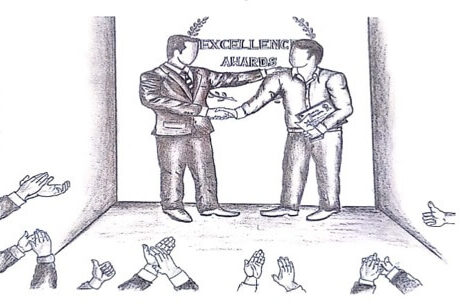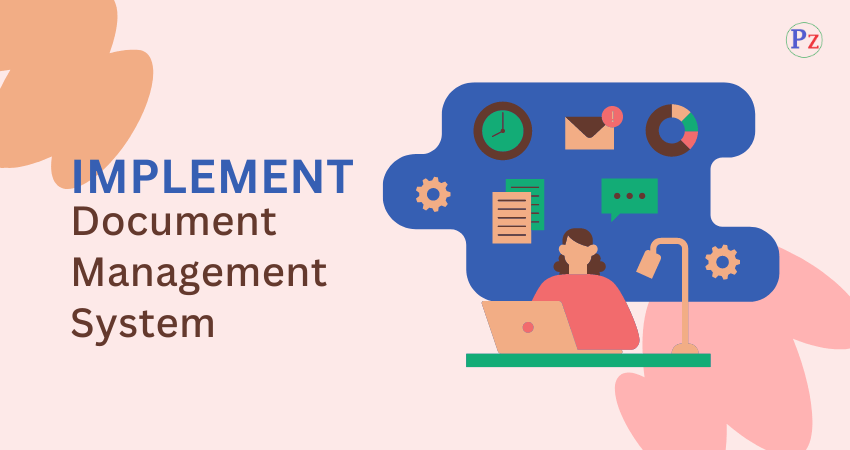Definition
Factors that stimulate desire in people to be committed to a role to attain a goal are called motivation.
Factors can be incentives, rewards, recognition etc.
Example: A worker spends extra time on the job because he needs extra money. It is an inner force that drives individuals to accomplish personal and organizational goals.
According to Stephen P. Robbins, “Motivation is the willingness to exert high levels of effort towards organizational goals, conditioned by the effort ability to satisfy some individual need”.
According to Fred Luthans, “Motivation is a process that starts with a physiological or psychological deficiency or need that activates behavior or a drive that is aimed at a goal or incentive”.

Importance of Motivation
- Motivation is one of the most important factors that determine the organizational efficiency. In absence of motivation in an organization the other resources and facilities will go ineffective; every supervisor must motivate their subordinates in the process of achieving common goals.
- It is a proven effective tool to inspire workforce. It increases the willingness of the workers to work, thus increase the efficiency and effectiveness of the organization.
- The best motivated employees, help organization survive. Motivated employees are more productive.
- To be more effective it is the duty of the manager to keep assessing what will be and to whom exactly motivate them. Motivating factors differ from one person to another and one situation to another.
Types of Motivation
> Psychological, biological, unlearned or primary
> General motives
> Secondary motive
> Self enhancement
> Affiliation
> Competence
> Power
> Attitude
> Monetary and non monetary
> Positive and negative
> Intrinsic and extrinsic
> Achievement: people get motivated by their goals. In order to attain their goal, they work hard and go for strive their best for achievements.
> Socialization: People get motivated by their recognition. They try their level best to see that they are accepted among a group of people. The idea behind this is to gain the acceptance of others and recognition.
> Fear Motivation: People tend to behave in the manner expected by the organization out of fear, because when they do not show the determined results they will lose certain benefits and may be punished, hence they try their best to reach the organizational goals.
> Change Motivation: People by doing same type of job or by exhibiting same manner of work system would become tired, hence they may try to exhibit better form of work system. Hence, they got themselves motivated to bring some change through them in the environment the causes of bringing improvements.
Theories of Motivation
A. Content Theories
> Maslow’s Need Hierarchical Theory
> Herzberg’s Two Factor Theory
> Douglas Mc Gregors Theory X And Theory Y
> Alderfers ERG Theory
> David C. McClelland’s Three Need Theory
B. Process Theories
> Vroom’s Expectancy Theory
> Porter And Lawler’s Expectancy Theory
> Adams Equity Theory
> Goal Setting Theory
| Read More Topics |
| State the factors influencing perception |
| Definition and meaning for impression management |
| Define value and sources of value |




